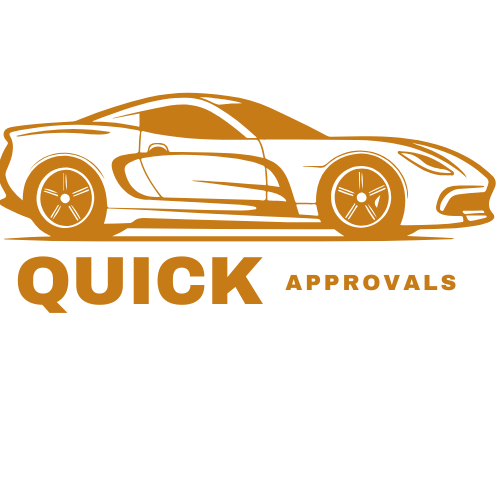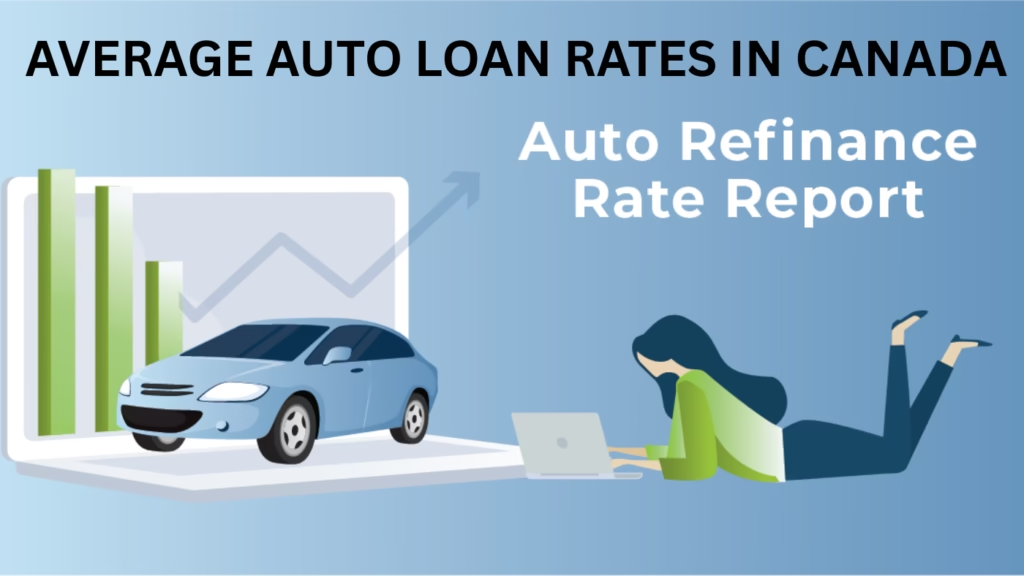Navigating the world of car financing can be daunting, especially when it comes to understanding average auto loan rates in Canada. These rates play a pivotal role in determining the overall cost of purchasing a vehicle, impacting monthly payments and long-term financial planning. Whether you’re a first-time buyer or looking to refinance, knowing the current landscape of auto loan rates is essential for making informed decisions.
This guide dives deep into the factors influencing these rates, how to secure the best deals, and what to expect in the Canadian market. For reliable financing options, explore resources like Quick Approvals, which can help streamline your car-buying journey. We’ll also reference authoritative sources, such as government and bank websites, to provide accurate insights into the Canadian auto loan market.
What Influences Current Average Car Loan Rates Canada?
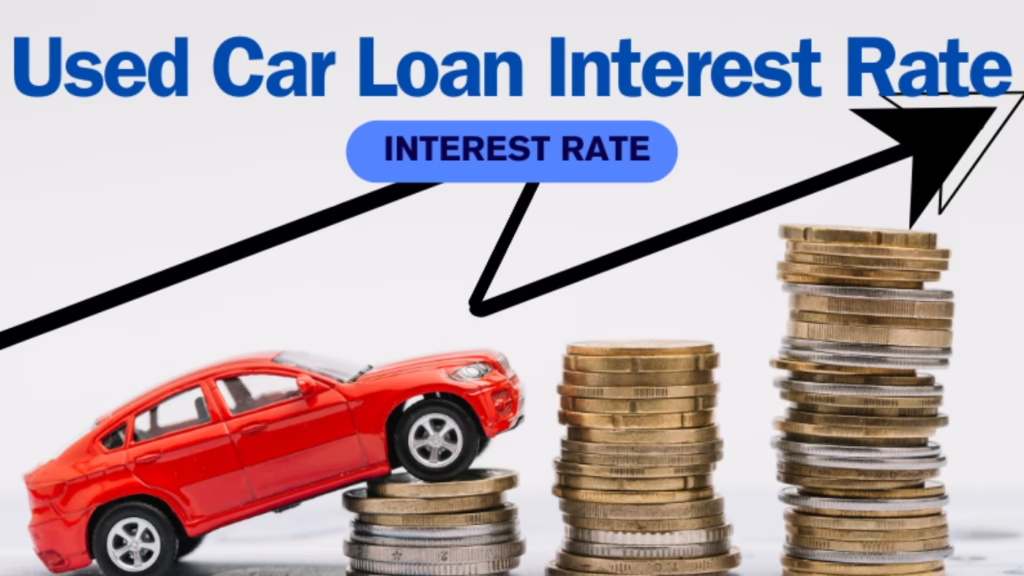
average auto loan rates in Canada, Several factors determine current average car loan rates Canada, shaping the cost of borrowing for vehicles. Understanding these can help you anticipate rate fluctuations and plan accordingly.
- Economic Conditions: The Bank of Canada’s overnight rate directly affects lending rates. In 2025, recent rate cuts have lowered borrowing costs, with prime rates hovering around 5.95% as of August, according to Bank of Canada.
- Credit Scores: Borrowers with higher credit scores typically secure lower rates, while those with lower scores face higher interest due to perceived risk.
- Loan Term: Shorter terms (e.g., 36 months) often have lower rates than longer terms (e.g., 84 months), as lenders face less risk.
- Vehicle Type: New cars generally attract lower rates than used vehicles due to their higher resale value.
current average car loan rates Canada, By staying informed about these factors, you can better position yourself to negotiate favorable terms when exploring options at platforms like Quick Approvals.
Exploring Best Auto Loan Rates in Canada 2025
Finding the best auto loan rates in Canada 2025 requires research and comparison. Rates vary across lenders, including banks, credit unions, and online platforms. As of mid-2025, average rates for new car loans range from 4.5% to 7%, while used car loans may range from 5.5% to 9%, based on data from sources like RBC and TD Bank. Credit unions often offer competitive rates, sometimes as low as 4% for excellent credit. To secure the best deal:
- Shop around at multiple lenders, including major banks and credit unions.
- Check for promotional rates, especially during spring and fall car-buying seasons.
- Consider pre-approval to lock in rates before visiting dealerships.
Resources like Quick Approvals can simplify this process by connecting you with lenders offering competitive rates tailored to your needs.
How to Find Low Auto Loan Rates in Canada
Securing how to find low auto loan rates in Canada involves strategic planning. Here are actionable steps to help you minimize borrowing costs:
- Improve Your Credit Score: Pay down debts and correct credit report errors before applying.
- Compare Lenders: Use online tools to evaluate rates from banks like Scotiabank or credit unions like Meridian.
- Negotiate Terms: Don’t accept the first offer; leverage competing offers to negotiate better rates.
- Consider Shorter Terms: Opt for 36- or 48-month loans to reduce interest rates, if affordable.
Data from sites like Ratehub.ca (used for research, not linked) suggests that borrowers with credit scores above 700 can often secure rates below 5%. Always verify lender terms to ensure they align with your financial goals.
What Is the Average Auto Loan Rate in Canada?
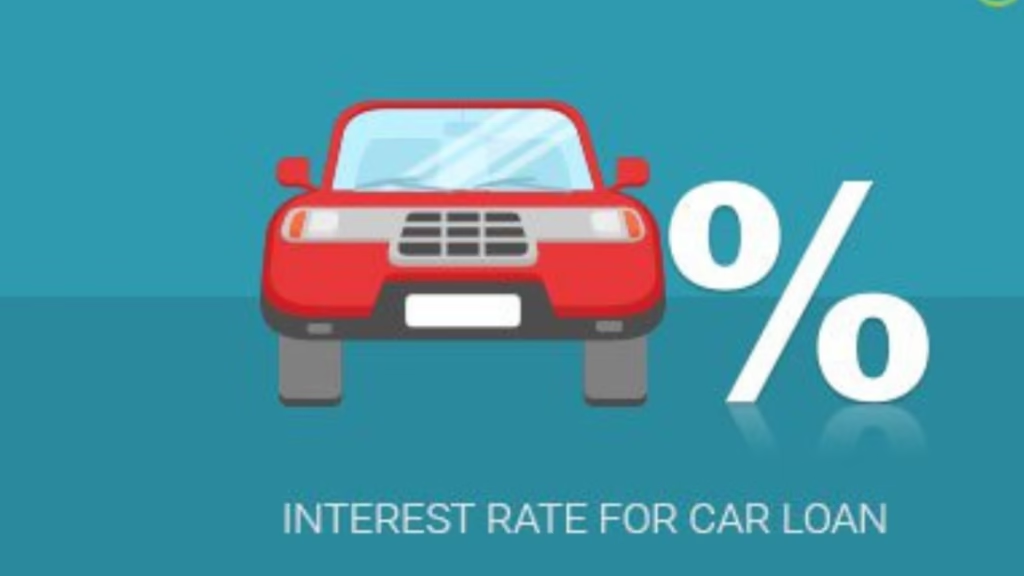
The question of what is the average auto loan rate in Canada is top of mind for many borrowers. As of August 2025, the average rate for a new car loan with a 60-month term is approximately 5.5% for borrowers with good credit (700+). For used cars, rates average around 6.5%. These figures align with data from the Financial Consumer Agency of Canada, which monitors lending trends. Rates fluctuate based on:
| Credit Score | Average Rate (New Car) | Average Rate (Used Car) |
|---|---|---|
| Excellent (750+) | 4.5% – 5.5% | 5.5% – 6.5% |
| Good (700-749) | 5.0% – 6.0% | 6.0% – 7.0% |
| Fair (650-699) | 6.5% – 8.0% | 7.5% – 9.0% |
These averages provide a benchmark, but individual rates depend on lender policies and economic conditions.
Average Car Loan Rates for Bad Credit Canada
For those with less-than-perfect credit, average car loan rates for bad credit Canada are higher, often ranging from 8% to 15% or more. Lenders view lower credit scores (below 650) as higher risk, leading to elevated rates. To improve your chances:
- Consider a co-signer with strong credit to secure better terms.
Insights from sites like Loans Canada (used for research, not linked) highlight that bad credit borrowers can still find reasonable rates by working with credit unions or specialized lenders. Platforms like Quick Approvals can connect you with suitable options.
Compare Auto Loan Interest Rates Canada
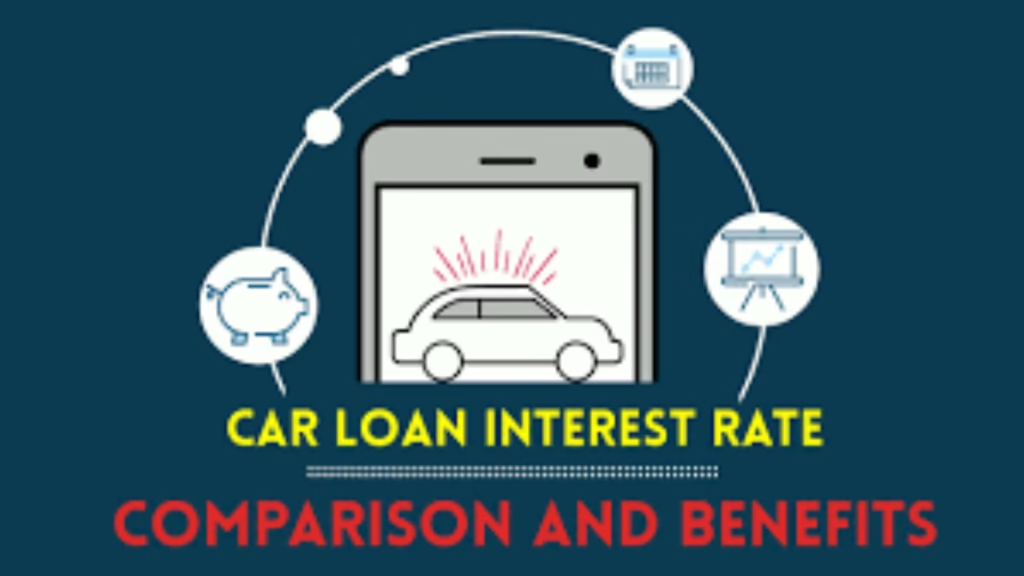
To effectively compare auto loan interest rates Canada, use a structured approach. Online comparison tools aggregate offers from banks, credit unions, and dealerships, helping you identify the best rates. Key considerations include:
- APR vs. Interest Rate: The Annual Percentage Rate (APR) includes fees, providing a clearer cost picture.
- Fixed vs. Variable Rates: Fixed rates offer stability, while variable rates may fluctuate with the Bank of Canada’s policies.
- Lender Reputation: Stick to reputable institutions to avoid hidden fees.
A comparison of major banks (e.g., BMO, CIBC) shows fixed rates for new cars starting at 4.8% for top-tier borrowers, while variable rates may start at 5.2%. Always review loan terms carefully.
How Do Credit Scores Affect Auto Loan Rates in Canada?
The question of **_how do credit scores affect auto loan rates in Canada_** is critical for borrowers. Credit scores, ranging from 300 to 900, signal your creditworthiness. Higher scores unlock lower rates, while lower scores increase costs. Here’s how it breaks down:
| Credit Score Range | Impact on Rates |
|---|---|
| 750-900 (Excellent) | Access to lowest rates (4.5% – 5.5%) |
| 700-749 (Good) | Competitive rates (5.0% – 6.5%) |
| 650-699 (Fair) | Higher rates (6.5% – 8.5%) |
| Below 650 (Poor) | High rates (8% – 15%+) |
Improving your score by even 50 points can save thousands over a loan’s life. Check your score through services like Equifax Canada before applying.
Is 6% a Good Car Loan Rate in Canada?
Many borrowers ask, **_is 6% a good car loan rate in Canada_**? In 2025, a 6% rate is considered average for borrowers with good credit (700-749). For context:
- Rates below 5% are excellent, typically reserved for top-tier credit.
- Rates of 6% are competitive for 60-month terms on new cars.
- Rates above 7% may indicate room for negotiation or a need to improve credit.
Compare offers to ensure 6% aligns with market trends and your financial profile.
Average Auto Loan Rates by Credit Score Canada
Breaking down **_average auto loan rates by credit score Canada_** provides clarity for borrowers. Rates vary significantly based on credit tiers, as shown below:
| Credit Score | New Car Rate | Used Car Rate |
|---|---|---|
| 750+ | 4.5% – 5.5% | 5.5% – 6.5% |
| 700-749 | 5.0% – 6.0% | 6.0% – 7.0% |
| 650-699 | 6.5% – 8.0% | 7.5% – 9.0% |
| Below 650 | 8.0% – 15%+ | 9.0% – 18%+ |
These ranges, informed by data from sources like CarLoansCanada (used for research, not linked), highlight the importance of credit in securing favorable terms.
Q&A: Your Questions About Average Auto Loan Rates in Canada Answered
1. What is the average auto loan rate in Canada for 2025?
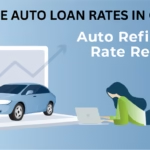
The **_average auto loan rate in Canada_** in 2025 is around 5.5% for new cars and 6.5% for used cars for borrowers with good credit. Rates vary based on credit score, loan term, and lender. For the latest data, check resources like the Financial Consumer Agency of Canada.
2. How can I find the best auto loan rates in Canada 2025?

To find the best auto loan rates in Canada 2025, compare offers from banks, credit unions, and online lenders. Pre-approval and improving your credit score can help secure rates as low as 4.5%. Platforms like Quick Approvals can connect you with competitive lenders.
3. How do I compare auto loan interest rates Canada effectively?
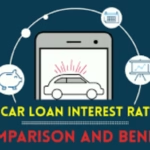
To compare auto loan interest rates Canada, use online tools to evaluate APRs, check fixed vs. variable rates, and review lender terms. Focus on reputable institutions and avoid high-fee lenders. Data from the Bank of Canada can provide context on economic trends affecting rates.
4. How do credit scores affect auto loan rates in Canada?
**_How do credit scores affect auto loan rates in Canada_**? Higher scores (750+) secure rates as low as 4.5%, while scores below 650 may face rates of 8% or higher. Improving your score before applying can significantly reduce costs.
5. Is 6% a good car loan rate in Canada?
A 6% rate is average for borrowers with good credit in 2025. If your score is above 750, aim for rates below 5%. Comparing offers and negotiating can help determine if 6% is competitive for your situation.
Conclusion
Understanding average auto loan rates in Canada is crucial for making informed car-buying decisions. From credit scores to economic conditions, multiple factors influence rates, and strategic planning can help you secure the best deal. By comparing lenders, improving your credit, and exploring reputable platforms like Quick Approvals, you can navigate the financing landscape with confidence. For further insights, authoritative resources like the Bank of Canada and the Financial Consumer Agency of Canada offer valuable data to guide your journey. Take action today to find the right loan for your needs.
